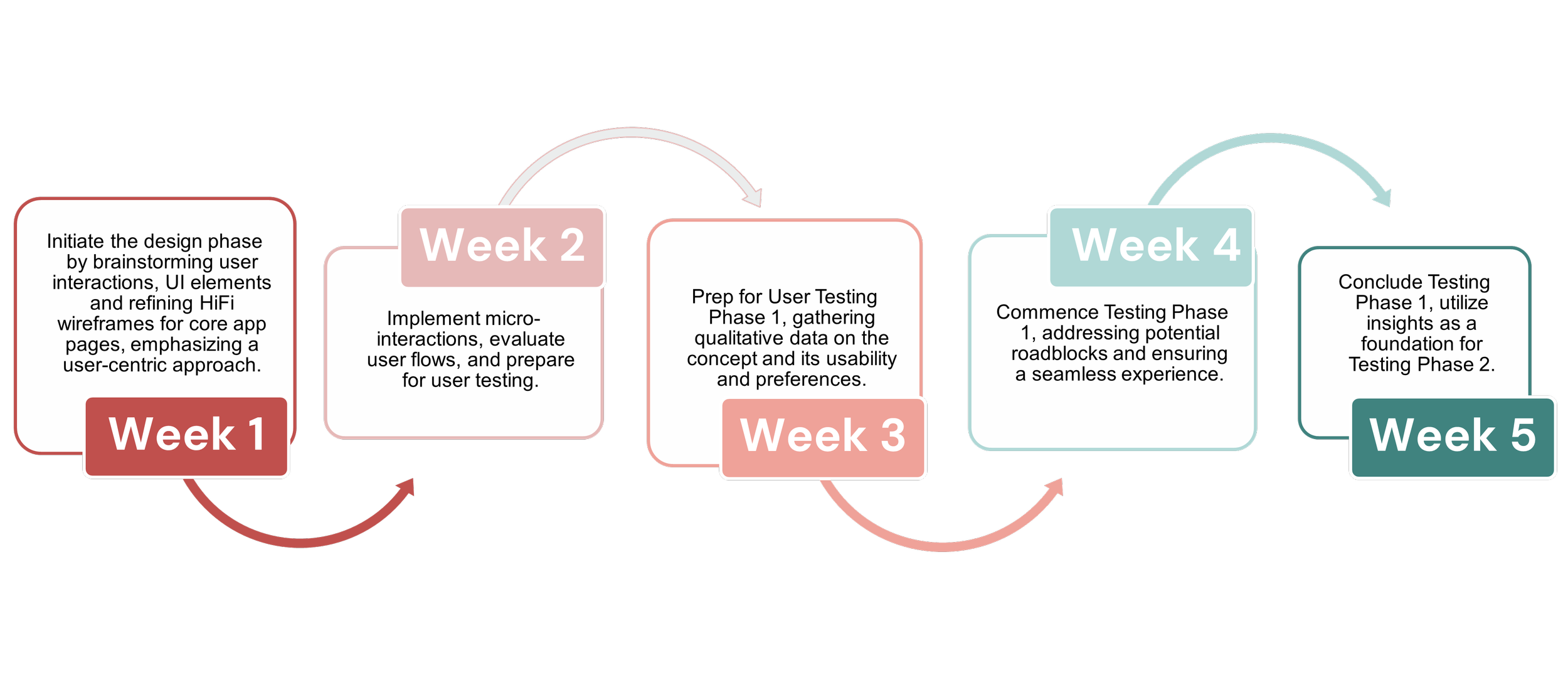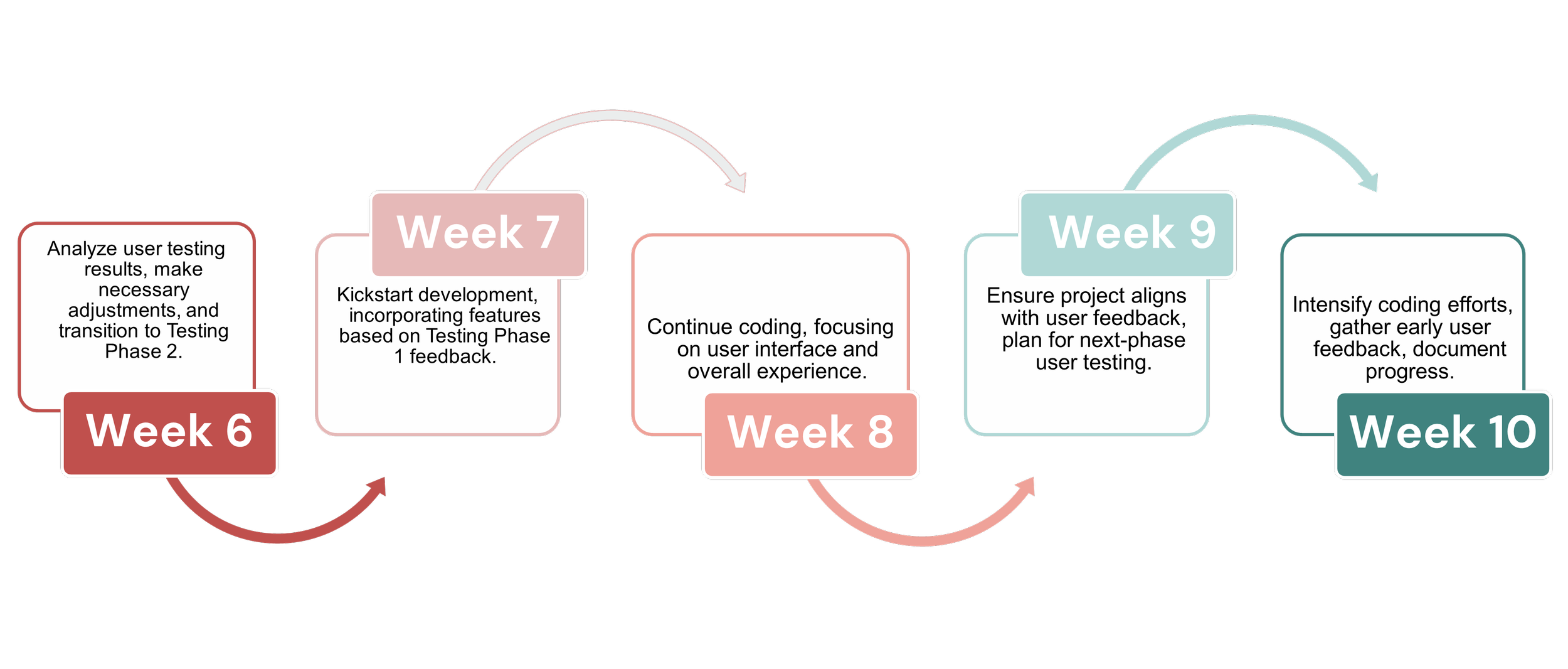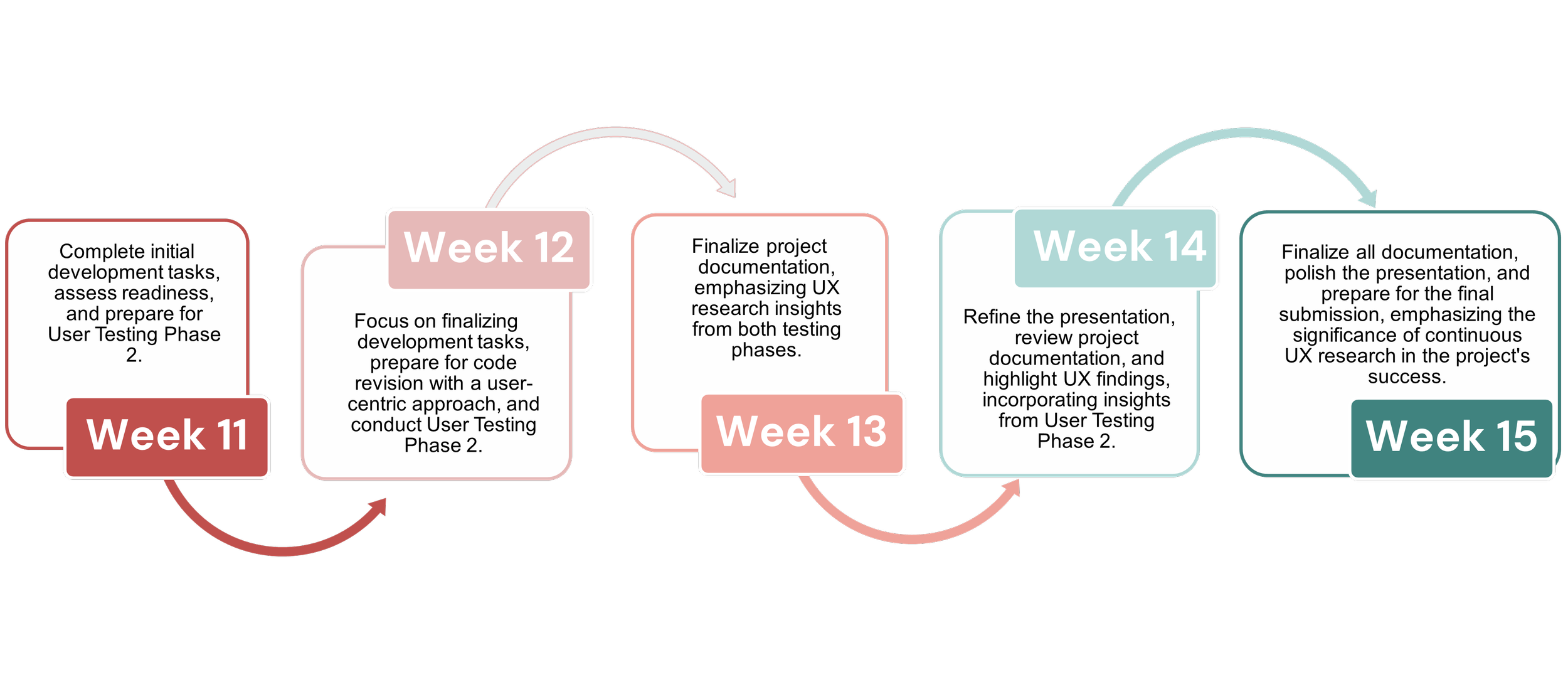
January 2024 - May 2024
PCOSxBonds
Providing personalized symptom management and insightful correlations between their symptoms to empowers women with PCOS a better understanding of their condition
What is PCOS?
Polycystic Ovary Syndrome (PCOS) is a common hormonal disorder in women of reproductive age. It is characterized by irregular menstrual periods, high levels of male hormones, and often enlarged ovaries with small cysts. PCOS can lead to various symptoms like weight gain, acne, and excessive hair growth, and it can also impact fertility.
Design Question
How might we develop an innovative digital platform for women with PCOS, that goes beyond traditional symptom tracking, offering a comprehensive approach to understanding and managing the condition?
Who is my Target Audience?
PCOSxBonds is designed for women of reproductive age (15-49 years) diagnosed with PCOS, providing personalized symptom management and insightful data correlations. It empowers users with a better understanding of their condition.
Project Focus Area
UX Research and User Testing - Emphasizing the importance of UX research, PCOSxBonds prioritizes understanding user needs. The user testing sessions are geared towards gathering valuable feedback, ensuring that when developed the app addresses real-world overlooked challenges faced by individuals managing PCOS.
Prototype Development Approach
In the development phase, I will be utilizing HTML and JavaScript to create an intuitive and responsive front end. The app will seamlessly integrate Google Forms data, offering personalized insights. Data visualization components will be implemented through the google formed to present correlations between symptoms in a clear and actionable manner.
Project Timeline

(JAN 16 – FEB 19)

(FEB 20 – MAR 25)

(MAR 26 – APR 29)
First Prototype Walkthrough
DOCUMENTATION VIDEO
Our Journey
-

Week 1
Initiate the design phase by brainstorming user interactions, UI elements and refining HiFi wireframes for core app pages, emphasizing a user-centric approach.
-

Week 2
Implement micro interactions, evaluate user flows, and prepare for user testing.
-

Week 3
Prep for User Testing Phase 1, gathering qualitative data on the concept and its usability and preferences.


